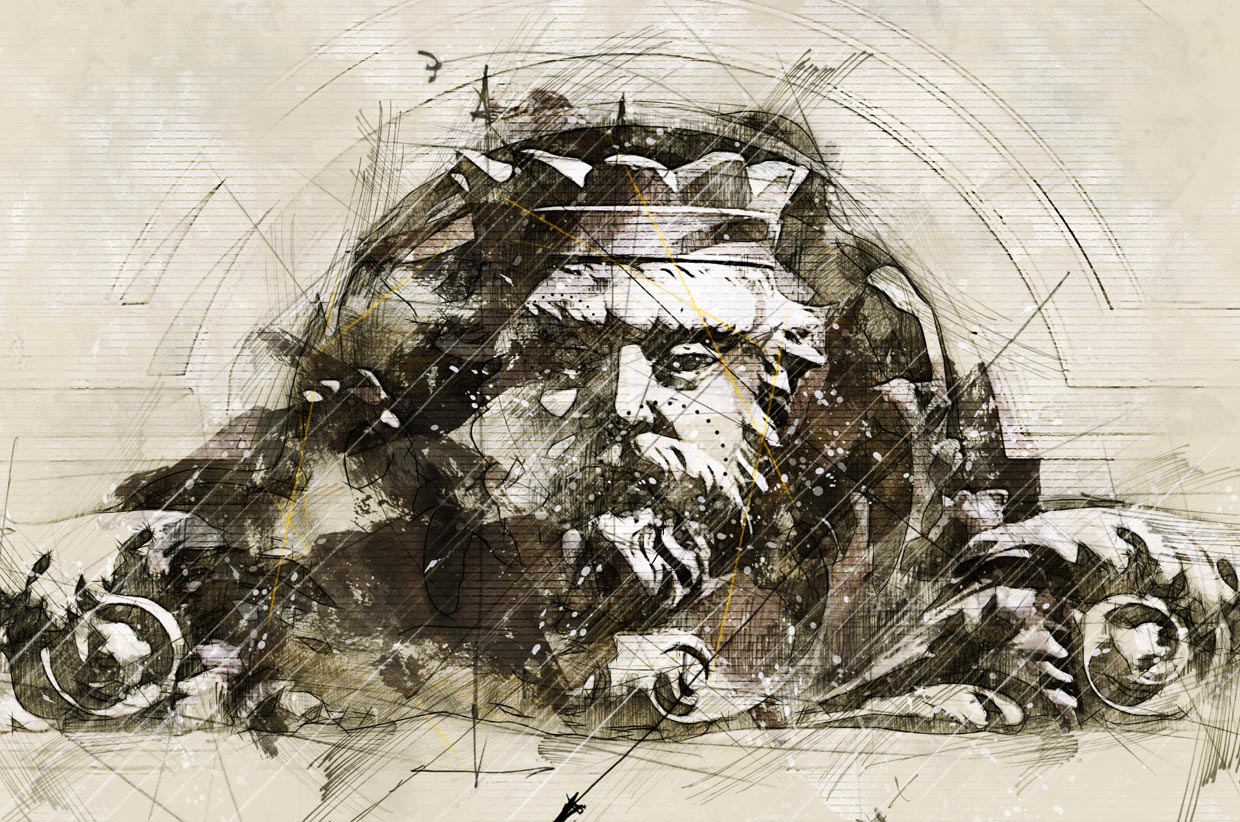London. It’s one of the most famous names in the world. And in terms of cities it is arguably the most famous – though I expect Paris, Rome, New York would have something to say about that…
But where did the name come from? Why ‘London’?
As usual, when it comes to ancient derivations it is not a clear-cut answer as so much time has elapsed and so many variables and influences have been involved, but it is possible to collect the influences and most likely origins.

He built upon the settlements that were already in London and named it Ludtown. You can see how Ludtown to London is not such a giant leap.
His name certainly lives through Ludgate, which was originally a gate built in 1586 at the western entrance to the City. It was rebuilt after the Great Fire in 1666 and eventually demolished in 1760. There are debates about this name too as ‘gate’ was not an English word at the time. But whether or not Ludgate really was his gate, statues of him and his sons were built into it (also Queen Elizabeth I) and these can now be seen in St Dunstan-in-the-West, Fleet Street.
Then we also have the word ‘Londos’ which means ‘fierce’.
No one knows definitely but, as with all languages, the evolution, reasons and influences remain a fascinating historical talking point.
